As the world pushes toward sustainability, logistics companies are turning to electric vehicles (EVs) to meet new demands for cleaner, more efficient delivery.
In 2025, EVs are no longer just an innovation — they are becoming part of everyday logistics.
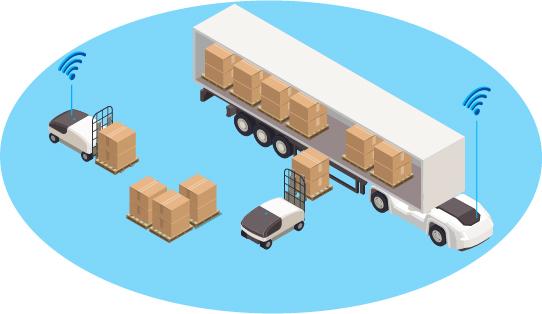
The Rise of EVs in Logistics
Electric vehicles are being adopted rapidly in logistics, especially for urban deliveries and short routes. Governments are offering incentives, and EV technology has become more reliable. Batteries last longer, vehicles charge faster, and more charging stations are being installed in major cities.
This shift is helping companies’ lower emissions, reduce fuel costs, and future-proof their operations.
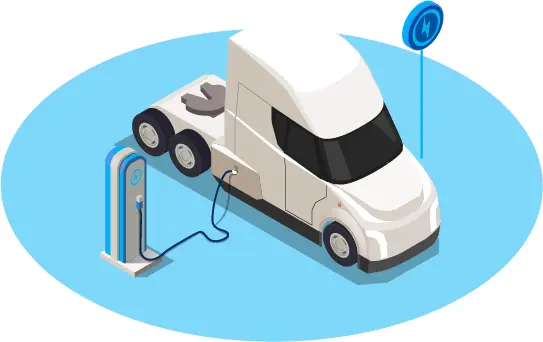
Positive Impact on the Industry
EVs are bringing noticeable benefits to logistics. They produce no tailpipe emissions, which helps reduce air pollution — especially in crowded urban areas. EVs also operate more quietly, making them ideal for early-morning or night-time deliveries.
From a financial perspective, electricity is cheaper than diesel, and EVs require less maintenance. With fewer engine parts, they experience fewer breakdowns and lower repair costs. These savings add up quickly for companies running daily delivery routes.
Challenges Slowing the Shift
Despite the momentum, there are still roadblocks. Most EV trucks today can only travel 200 to 400 kilometers on a single charge, which limits their use to local or regional routes. Long-distance logistics still depends on traditional fuel-powered trucks.
Another concern is infrastructure. Many cities now have charging stations, but rural areas and highways still lack reliable access. Planning long-haul routes with EVs remains difficult.
The initial cost of electric trucks is also high, which can be a challenge for smaller businesses. And because batteries are heavy, they reduce the total cargo weight a vehicle can carry — affecting delivery efficiency.
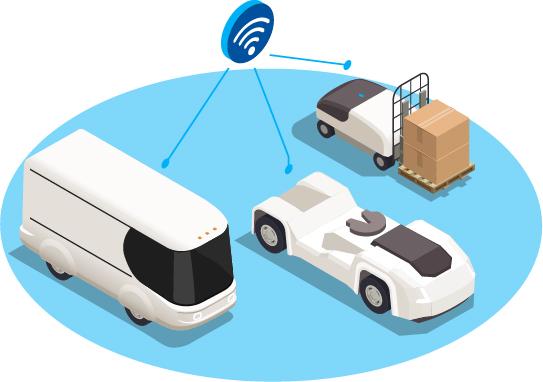
The Future is Electric
Logistics companies are taking a step-by-step approach to adopting electric vehicles — starting with last-mile deliveries and short urban routes. With better batteries, faster charging, and growing government support, EVs are becoming more practical and affordable.
The logistics industry is moving beyond just speed. It's now about being smarter, cleaner, and more sustainable. The road ahead is electric — and the shift has already begun.
ASI Logistics, strong of 18 years of expertise, provides you with the most adapted logistic solution to fit your needs and ensure you enjoy the benefits of smooth operations.
Thanks to our seven offices, including five conveniently located on China's east coast logistic hubs (Shanghai, Ningbo, Xiamen, Ningbo, and Hong Kong), its two branches in Ho Chi Minh City, Vietnam, and Phnom Penh, Cambodia, and its worldwide network of logistic experts, ASI Logistics accompanies you at every step of your product's journey from, to and within Asia.
Our Values
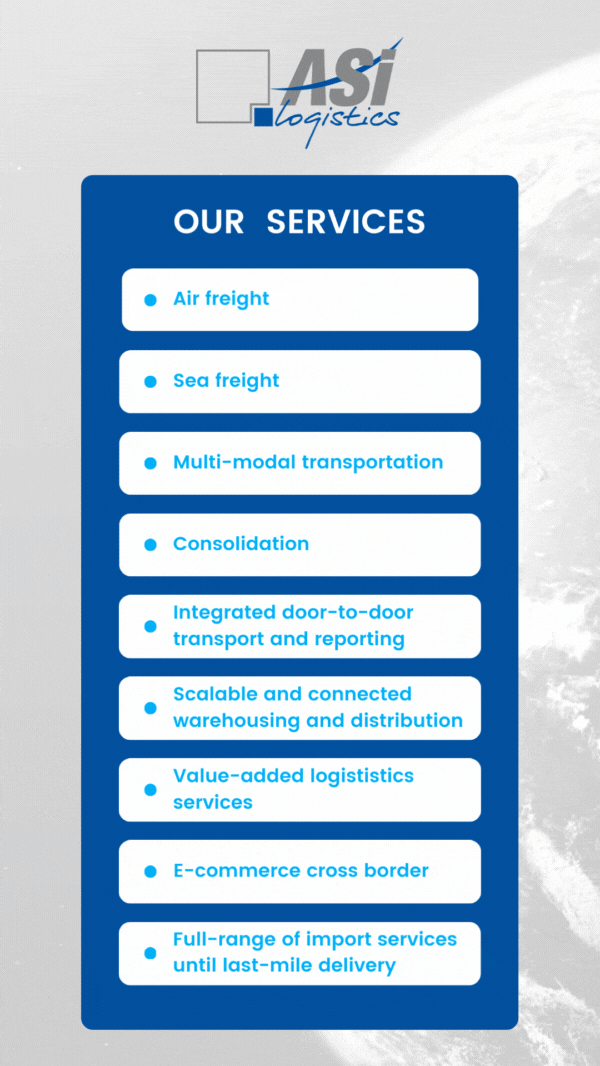
Get in touch with our teams!
Contact Us
ASI Logistics, 凭借18年的专业经验,都会为您提供最适合的物流解决方案,确保您的运营顺畅无忧。
得益于我们在中国东海岸的六个重要物流枢纽(上海、青岛、厦门、宁波和香港)、在越南胡志明市和柬埔寨金边的两个分支机构,以及全球网络中的物流专家,ASI Logistics 将陪伴您每一步,从亚洲到亚洲,以及在亚洲内部的整个货物运输过程。
我们的价值观
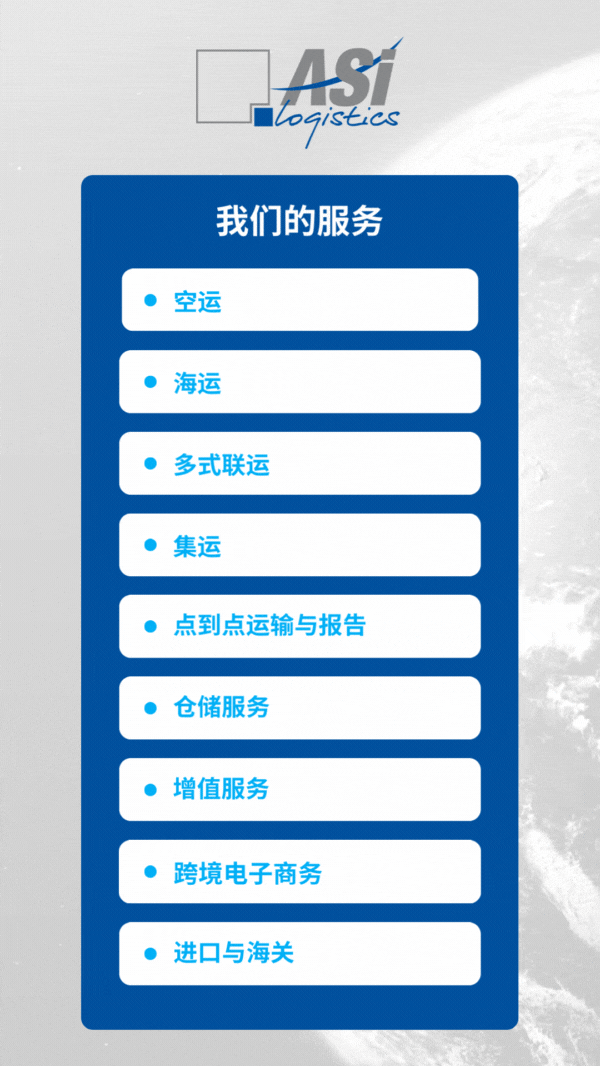
联系我们
ASI Logistics, fort de 18 ans d'expertise, vous fournit la solution logistique la plus adaptée à vos besoins, pour une chaîne d'approvisionnement et des expéditions fluides.
Grâce à nos sept bureaux, dont cinq idéalement situés sur les hubs logistiques de la côte est de la Chine (Shanghai, Ningbo, Xiamen, Qingdao et Hong Kong), ainsi que nos deux branches à Ho Chi Minh Ville, au Vietnam, et Phnom Penh, au Cambodge, à l'expertise de notre société mère européenne et à notre réseau mondial d'experts logistiques, ASI Logistics vous accompagne à chaque étape du voyage de vos produits, vers, depuis et en Asie.
Nos Valeurs

Contactez Nos Equipes
Sources:
2025 EVs and Battery Supply Chains Issues and Impacts | https://www.oxfordenergy.org/wpcms/wp-content/uploads/2025/04/OEF-144.pdf
Trends in heavy electric vehicles | https://www.iea.org/reports/global-ev-outlook-2024/trends-in-heavy-electric-vehicles/
Image Source: Freepik
